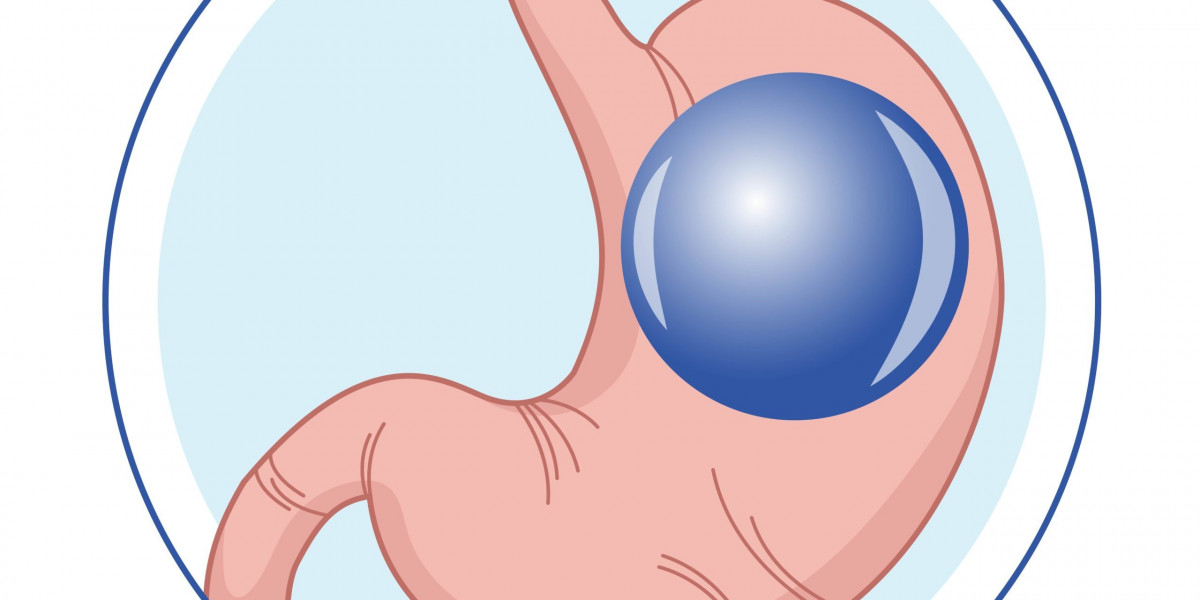Weight management can often feel like an uphill battle. While diet and exercise are the first steps for many, sometimes the body resists change despite all efforts. For individuals who are looking for an alternative that bridges the gap between non-invasive and surgical solutions, gastric balloon placement is becoming an increasingly popular choice. Among the many locations offering this procedure, Gastric Balloon Placement in Dubai has gained attention for its modern approach and advanced healthcare infrastructure.
What Is a Gastric Balloon?
A gastric balloon is a soft, expandable device made from medical-grade silicone. It is inserted into the stomach through a non-surgical, endoscopic process. Once in place, the balloon is filled with sterile saline or gas, which occupies space in the stomach. This partial filling leads to a sensation of fullness, helping individuals consume less food and curb their hunger throughout the day.
The Procedure: Step-by-Step
1. Initial Evaluation
Before placement, patients undergo a consultation and medical assessment to determine their suitability for the procedure.
2. Insertion Process
The balloon is introduced through the mouth using an endoscope—a thin, flexible tube with a camera. The deflated balloon travels through the esophagus into the stomach.
3. Inflation and Positioning
Once in the stomach, the balloon is filled with saline or gas and carefully monitored to ensure it’s in the correct position. The entire process takes about 20 to 30 minutes and is done without any surgical incisions.
How It Helps With Weight Loss
The balloon works in two powerful ways:
Physical Effect: It reduces stomach capacity, so patients feel full after eating smaller portions.
Psychological Effect: It helps retrain the brain to feel satisfied with less food, supporting long-term behavior change.
These effects, combined with nutrition and lifestyle support, help individuals form sustainable, healthy habits.
Duration and Removal
The gastric balloon remains in the stomach for about six months. After that, it’s removed through a similar endoscopic procedure. The removal is quick and minimally disruptive, and most people return to normal activities within a day or two.
Who Is a Good Candidate?
Gastric balloon placement is ideal for individuals who:
Have a Body Mass Index (BMI) between 30 and 40
Have not achieved success through diet and exercise alone
Are committed to adopting long-term healthy lifestyle changes
It’s important to note that the balloon is a support tool, not a permanent fix.
Benefits of Gastric Balloon Placement
Non-surgical and minimally invasive
Reversible and temporary
No cutting, stapling, or permanent changes to the stomach
Lower risk of nutritional deficiencies
Quick recovery and visible early results
These features make it an appealing choice for many individuals exploring weight loss options.
Possible Side Effects and How to Manage Them
During the first few days, patients may experience:
Nausea
Bloating
Cramping or abdominal discomfort
These symptoms are typically temporary. Following post-procedure guidelines and staying in touch with healthcare providers can help manage them effectively.
Life After the Balloon: Building Sustainable Habits
The gastric balloon kickstarts weight loss, but success after removal depends on continued dedication. Key steps include:
Following a balanced, portion-controlled diet
Incorporating regular physical activity
Staying consistent with long-term wellness goals
Support from nutritionists and health coaches during and after the six-month period is vital for sustained results.
Empowering a New Chapter in Health
Ultimately, gastric balloon placement provides a stepping stone toward better health. It empowers individuals who have struggled with their weight by offering a realistic, non-invasive approach. It's not just about weight loss; it's about gaining control, building confidence, and embracing change.
The increasing demand for Gastric Balloon Placement Dubai highlights the global trend toward non-surgical weight loss methods that are safe, effective, and supported by comprehensive care.












